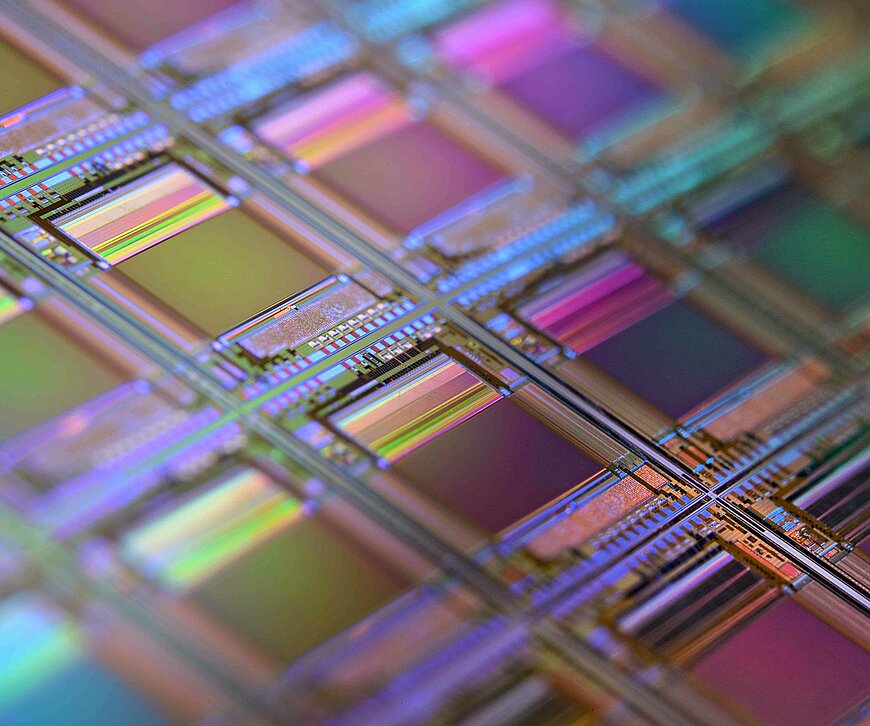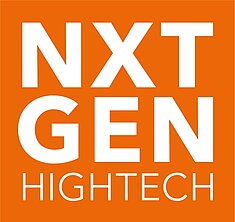Innovative NXTGEN HIGHTECH program puts the Netherlands on the global map

NXTGEN HIGHTECH program has officially launched after final approval from the Ministry of Economic Affairs and Climate Policy.
Organs-on-chips, recyclable wind turbine blades and hands-free food production. This may sound a long way off, but within the NXTGEN HIGHTECH program, people are working on this tirelessly. With the support of the National Growth Fund, more than 330 parties from industry and knowledge institutes will work together on new high-tech machinery and production technologies to bring these developments to market.
Netherlands back to the top
The Netherlands is an international frontrunner in ultra-precise high-tech equipment. Yet the continuity of this position is threatened by political interests and growing competition from other continents. In addition, Research & Development investments are significantly lower compared to other knowledge-based countries, at the expense of growth. The goal of NXTGEN HIGHTECH is to bring the Netherlands back to the top as well as contribute to solutions for major societal challenges. To achieve this, the NXTGEN HIGHTECH program is investing around 1 billion euros until 2030 and will, in collaboration with 330 partners, boost the Dutch economy. The National Growth Fund supports this program with 450 million euros.

"The urgency for new technology applications is high, and we need solutions now"
Marc Hendrikse, Board Chairman of NXTGEN HIGHTECH
"The strength lies in the breadth of the program. It not only works on new applications and technologies but also digitizing factories and the supply chain," he states. A unique approach that not only strengthens the position of the Dutch high-tech sector but also significantly increases our competitive position. With these partnerships, the Netherlands and Europe hold their own in the competitive knowledge economy we find ourselves in.
Cross-connections accelerate growth
In the next seven years, the six key domains (agrifood, biomedical production technology, energy, composite, laser-satellite communication and semiconductors) will work hard on various smart solutions. Across these domains, the key technologies, systems engineering and smart industry, play a crucial role. For instance, using smart solutions, sensor technology, and robotics applications are being explored within the agrifood domain. These applications are already widely used in other domains; however, for example food production processing has so far benefited less from this growing robotization and automation. Many operations are currently still done manually—an inhibiting factor for this sector, where less and less people are available.
NXTGEN HICHTECH's impact on the future
Looking to the future, in the short term, the NXTGEN HIGHTECH program offers solutions to several problems within the top sector High Tech Systems and Materials (HTSM). For instance, it is exploring a universal standard for the pharmaceutical industry and the large-scale production of organs-on-chips. Work is being done on safe and sustainable data-communication equipment within laser-satellite communication. The energy domain is committed to developing an integrated, scalable production chain for fuel cells, electrolysers, batteries, and plasma conversion. This enables the sustainability of the process industry. With the developments of machinery for light materials, the composite domain lays the foundation for a sustainable aerospace industry. The semiconductors domain works on equipment for faster and more energy-efficient chips, partially using light to transmit data. This is a significant development, as demand for chips is expected to double by 2030. The European Chips Act, therefore, aims to strengthen European leadership and increase production capacity to 20% of the global chip market. The program can potentially give the Netherlands a key position in the market. Finally, NXTGEN HIGHTECH aims to have developed a system for autonomously operating factories by 2030, with international standards and digital product passports. This will ensure an excellent digital infrastructure and greater security within the supply chain. The ambition of the smart-industry sub-program is to double the production capacity in the Dutch industry in the next 20 years.
The Dutch Systems Engineering approach
Parallel to the developments in the six domains, work is being done to strengthen the competencies of the systems engineering profession. The Netherlands already boasts a thriving high-tech industry and a lot of experience in systems engineering. However, it remains a challenge to properly transfer knowledge of increasingly complex systems to the next generation. In collaboration with colleges and universities, NXTGEN HIGHTECH is laying the building blocks for sustainable cooperation in the high-tech industry. The goal is for "The Dutch Systems Engineering Approach" to be fully embedded in Dutch education by 2030. This approach offers greater job prospects in the high-tech industry and ensures an excellent connection to the rapidly changing labor market. Only by continuing to invest in technical knowledge and skills will the Netherlands become future-proof.
